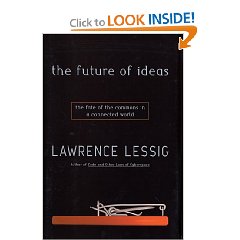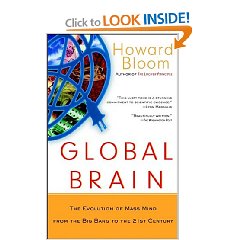The heart of the book, for me, can be found in three profound numbers–numbers that we must all appreciate:
Value of the Ecosystem/Cost to Replace: $33 trillion per year in increased Gross National Product (GNP)–and presumably everything would be artificially recreated.
One-Time Cost of Fund for Preserving Nature: $24-72 billion one-time funding. His numbers vary from $24 billion (one -time) to preserve 800,000 square kilometers already under protection, to $28 billion to preserve a (different?) representative sample. The bottom line: for a one-time $100 billion investment, 25% of what the US spends on its military *every* year, we could, at our own expense, save the world.
Subsidies for Unsound Acts Against Nature: $2 trillion per year and rising ($2000 per American alone–this refers to energy, water, deforestation, and agricultural subsidies that encourage and perpetuate unsound acts against nature as well as unneeded exploitation–one example: $20 billion a year in subsidies for fishing–this is the difference between the actual value of $100 billion and the lower subsidized revenues of $80 billion a year).
Wilson's book, in combination with those by Brian Czech and L. O. Stromberg, is in my view a capstone endeavor that moves the environment to the forefront of any intelligent person's agenda. As he concludes, we have entered the century of the environment–we must save it or lose it.











